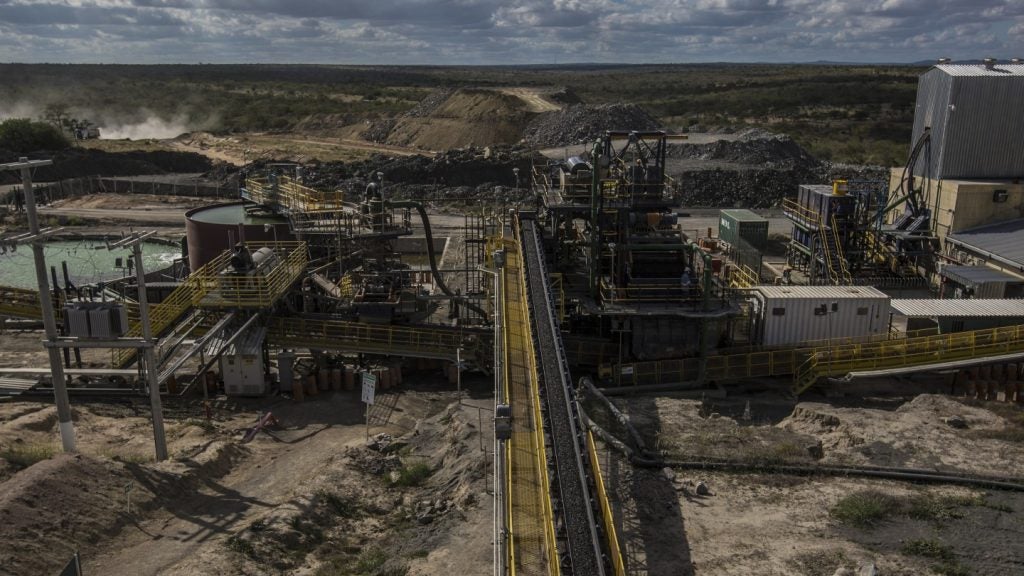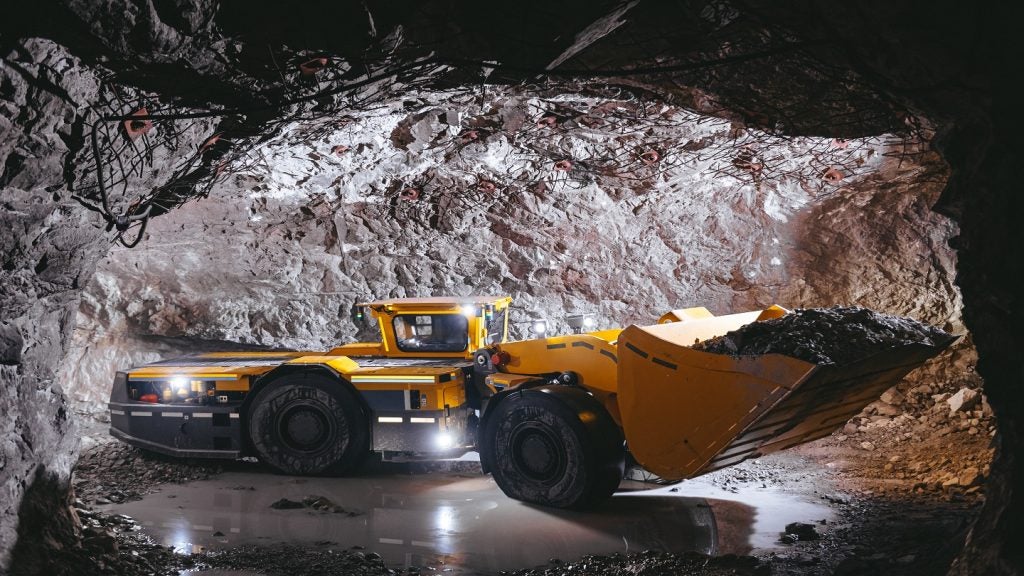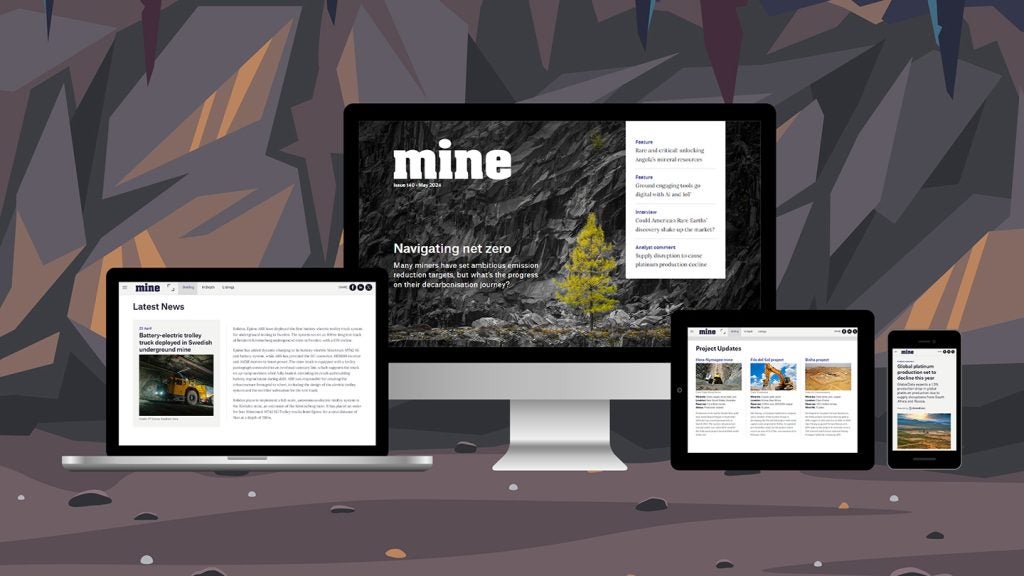

Mining is woven deep into the fabric of Bolivia. There is an oft-quoted tale that under Spanish colonial rule, enough silver was exported from El Cerro Rico in Potosi – once the largest deposit in the world – to make a bridge of pure silver reaching from the summit of the mountain to the gates of the royal palace in Madrid. Although today the silver flows less abundantly from the Cerro Rico mine itself, the industry as a whole continues to make a major contribution to Bolivia’s output, accounting for some 6.8% of its GDP and 37.3% of exports, according to the National Statistics Institute.
With zinc, silver, tin and gold topping the list of minerals currently extracted, and other deposits, such as indium, iron ore, lithium, nickel and palladium, – described as ‘globally relevant’ by the US Geological Survey -, to be exploited, only hydrocarbons beat mining in terms of natural resource production and volumes.
The road to reform
Despite this, it seems the Bolivian state itself has not benefitted significantly; while the re-nationalised and reformed hydrocarbon sector contributes 36% of state revenue, mining amounts to just seven. It is something that President Evo Morales has long hoped to address, looking to restructure mining legislation in accordance with the position stated in the country’s new 2009 constitution – that Bolivia’s natural resources belong exclusively to its people.
It took three years of stop-go negotiations and six weeks of fierce debate – at times punctuated by violent protest – but in May he finally succeeded, bringing the first reform in 17 years, with a raft of new measures designed to provide a thorough overhaul of the sector. Under the new legislation, co-operatives may no longer form partnerships with private companies, Bolivian or foreign, while private companies are banned from registering minerals as assets, which means that they cannot feature as collateral against loans, nor can they be included in any filings made on the stock market.
See Also:
Award-winning journalist Stephen Sapienza, talks about his experience in Peru where artisan miners systematically erode the Amazon forest .
How well do you really know your competitors?
Access the most comprehensive Company Profiles on the market, powered by GlobalData. Save hours of research. Gain competitive edge.

Thank you!
Your download email will arrive shortly
Not ready to buy yet? Download a free sample
We are confident about the unique quality of our Company Profiles. However, we want you to make the most beneficial decision for your business, so we offer a free sample that you can download by submitting the below form
By GlobalDataOther provisions include allowing Bolivian nationals to form mixed business enterprises with, or through, the state-owned miner Comibol, and the formation of a new government body to oversee the sector. Pre-existing contracts are to be respected, although a 62,000 hectare limit is to be imposed on concessions, and for any with terms and conditions which do not conform to the new regulations, there will be a 12 to 18 month window open for renegotiation.
Politically sensitive
While the passage of these reforms into law was smoothed by a measure of consultation and some degree of compromise, Morales’ reforms have not found universal favour.
"From our point of view the relatively recent reforms appear to be vehemently opposed by many Bolivians within Morales’ traditional supporter base," says Carl Noack of the specialist fund management company, Altus Capital – and that could prove important.
Evo Morales is the country’s first indigenous leader, and the en-bloc indigenous vote played a major role in his rise to power in the 2006 election and his subsequent return to office in 2009. Since then, however, that once solid support has seen itself eroded as the President has struggled to balance his desire to champion the environment and the rights of the people with improving Bolivia’s governance, infrastructure and economy. Conflicts of interest have inevitably arisen, and his popularity amid some of his most loyal former devotees has been substantially reduced as a result.
Mining unions and the co-operatives too, who had until recently enjoyed very favourable treatment in respect of royalties, rents and taxation, account for a significant proportion of the incumbent President’s core constituency. Any reform of the sector was always going to be a politically sensitive undertaking, but this new framework has particularly far-reaching consequences, not least because some of the biggest mines have been operated as partnerships between local co-operatives and exchange-listed multi-nationals. The changes will obviously have important ramifications for them, and it may potentially also have consequences for future investment and the country’s wider economic outlook too.
Investor appeal
It is a point underlined by a recent editorial in ‘Los Tiempos’, which, under the heading "The National Mining Crisis", described current policy as "one of the worst mistakes of the present Government’s management" and putting "the future of one of the main pillars of the national economy at serious risk."
In theory, the reforms should remove much of the uncertainty that had put a dampener on investor interest. There had been some concern that President Morales might tend towards nationalisation, as he had done with the hydrocarbon sector – fears compounded when he did nationalise the Malku Khota mine, after outbreaks of violence over the project in 2012.
Now, it seems those particular worries have largely been dealt with, but nevertheless the new laws undeniably increase state oversight, which may not appeal to all prospective investors, particularly given the, at times, turbulent political climate of the country. With his own popularity waning, some commentators identify a growing pattern of capitulation, with the President increasingly giving in to demands from the left, to keep their support in October’s election. Even so, despite the potential for some mining factions to foment violent unrest, the opposition of indigenous groups and even possibly a legal challenge to the new mining law, Morales remains the clear favourite, though his way back to the presidency may not be quite such an easy one this time around.
For the moment at least, from a resource investor’s perspective, Noack says Bolivia is likely to stay on the backburner.
Future outlook
However, there may be more encouraging signs for the longer term.
After a decade of conflict, Sierra Leone is again emerging as a mining frontier with endless potential .
"Bolivia tends to score badly on the international tables [for investment] because it is a country in transition. So much of the legislation and regulatory frameworks need to be brought into accord with the 2009 constitution. But that is happening – and that’s exactly what the new mining law is all about," says defence and resources blogger, Newton Hunter.
He points to the huge turnaround in the country’s economy which has seen real GDP up by nearly 7% and an 11% increase in nominal GDP per capita in 2013, with similar growth expected this year.
"There’s a bit of a spectre of resource nationalism about Morales’ policy, but while he’s a socialist, he’s a pragmatist too; as I read it, the minerals belong to the people when they’re in the ground – but to the mining companies once they’re out of it. In the long run, I think we may come to look back on his mining reforms as a turning point for the sector, particularly where new investors are concerned," Hunter says.
With opposition to the reforms not yet silenced, Bolivian media reporting the possibility of further demonstrations in the run up to the election and rumours of a possible appeal against the law in the country’s constitutional court, only time will tell if he is right.


.gif)




